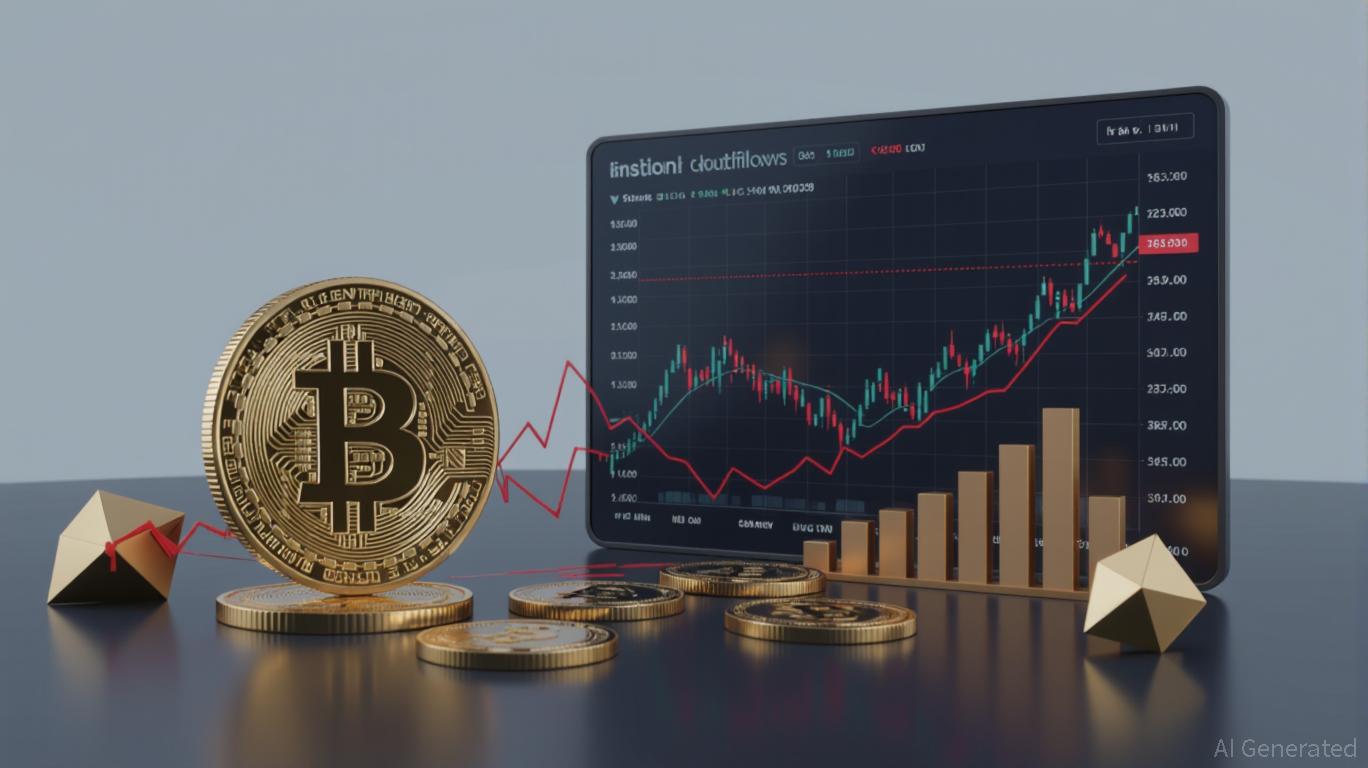South Korea's Approach to Crypto Regulation Could Become a Model for Global Stability and Innovation
- South Korea's Digital Asset Basic Act (2025) establishes a unified regulatory framework for crypto assets, targeting stablecoins and cross-border transactions. - Stablecoin issuers face licensing, reserve requirements, and FSC oversight, while foreign VASPs must register and report transactions to combat forex crimes. - The reforms aim to balance innovation with financial stability, potentially attracting investment but increasing compliance costs for firms and scrutiny for investors. - As Asia's major c
South Korea is pushing forward with a comprehensive reform of its digital asset regulations, targeting the rising challenges posed by stablecoins and international crypto dealings. The government has put forth the Digital Asset Basic Act, unveiled in June 2025, which shifts away from piecemeal regulations toward a cohesive system. This new law, poised to transform the regulatory environment for cryptocurrencies, requires stablecoin issuers to obtain licenses, comply with reserve obligations, and subjects overseas crypto networks to strict supervision.
According to the draft regulations, stablecoins will be defined as "asset-linked digital assets" and will fall under the supervision of the Financial Services Commission (FSC).

On the policy front, South Korea is making it clear that digital assets are now a central pillar of its financial innovation agenda. As a leading retail crypto hub in Asia, the impact of these new rules will be watched closely by the global community.
Disclaimer: The content of this article solely reflects the author's opinion and does not represent the platform in any capacity. This article is not intended to serve as a reference for making investment decisions.
You may also like
Fed Weighs Job Growth Against Inflation Concerns in 2026 Interest Rate Decisions
- The Fed plans two 2026 rate cuts amid weak labor markets and stubborn inflation, balancing job support with inflation risks. - Internal FOMC divisions persist, with Vice Chair Jefferson advocating caution and Governor Waller pushing for aggressive cuts, while Trump’s appointee Miran amplifies easing pressure. - Incomplete data from a government shutdown complicates decisions, and market expectations for a December cut dropped to 42.9% amid inflation concerns. - J.P. Morgan urges diversification to hedge

Bitcoin News Update: The Cryptocurrency Market's Ongoing Struggle: Careful Hopefulness Against Persistent Threats
- Crypto market shows stabilization as funding rates on major exchanges return to neutrality after overselling, per Coinglass data. - Bitcoin's 14-day RSI dipped below 30 (oversold level) on Nov 18, suggesting potential short-term rebound despite analysts' caution. - Institutional interest grows with Ark Invest adding $10.2M in Bullish shares, while Hyperliquid (HYPE) shows on-chain resilience. - Macroeconomic risks persist, including U.S. government shutdown impacts and stalled ETF inflows, keeping $95,00

Bitcoin’s Steep Drop: An Ideal Combination of Economic Headwinds and Systemic Threats
- Bitcoin's 30% plunge from its October 2025 peak exposed systemic risks amid Fed's restrictive policy and 3% inflation persistence. - $1.27B in leveraged liquidations and CFTC's spot trading plans amplified volatility, linking crypto risks to traditional finance. - Institutional buyers like MSTR continued aggressive BTC accumulation, raising questions about market distortion during crises. - Investors must monitor Fed policy shifts, regulatory clarity, and leverage management as crypto's systemic vulnerab

Drivers of the Latest BTC Downturn: Institutional Withdrawal or Excessive Market Correction?
- Bitcoin's recent crash reflects $3.2B in institutional outflows since October, driven by liquidity stress and macroeconomic uncertainty. - Major ETFs like BlackRock's IBIT ($463M) and Fidelity's FBTC face massive redemptions as investors recalibrate risk profiles amid tightening financial conditions. - Structural shifts like Singapore's institutional-grade crypto futures signal long-term optimism, but coincide with Fed's restrictive policy (3% inflation) forcing deleveraging. - The correction appears liq
